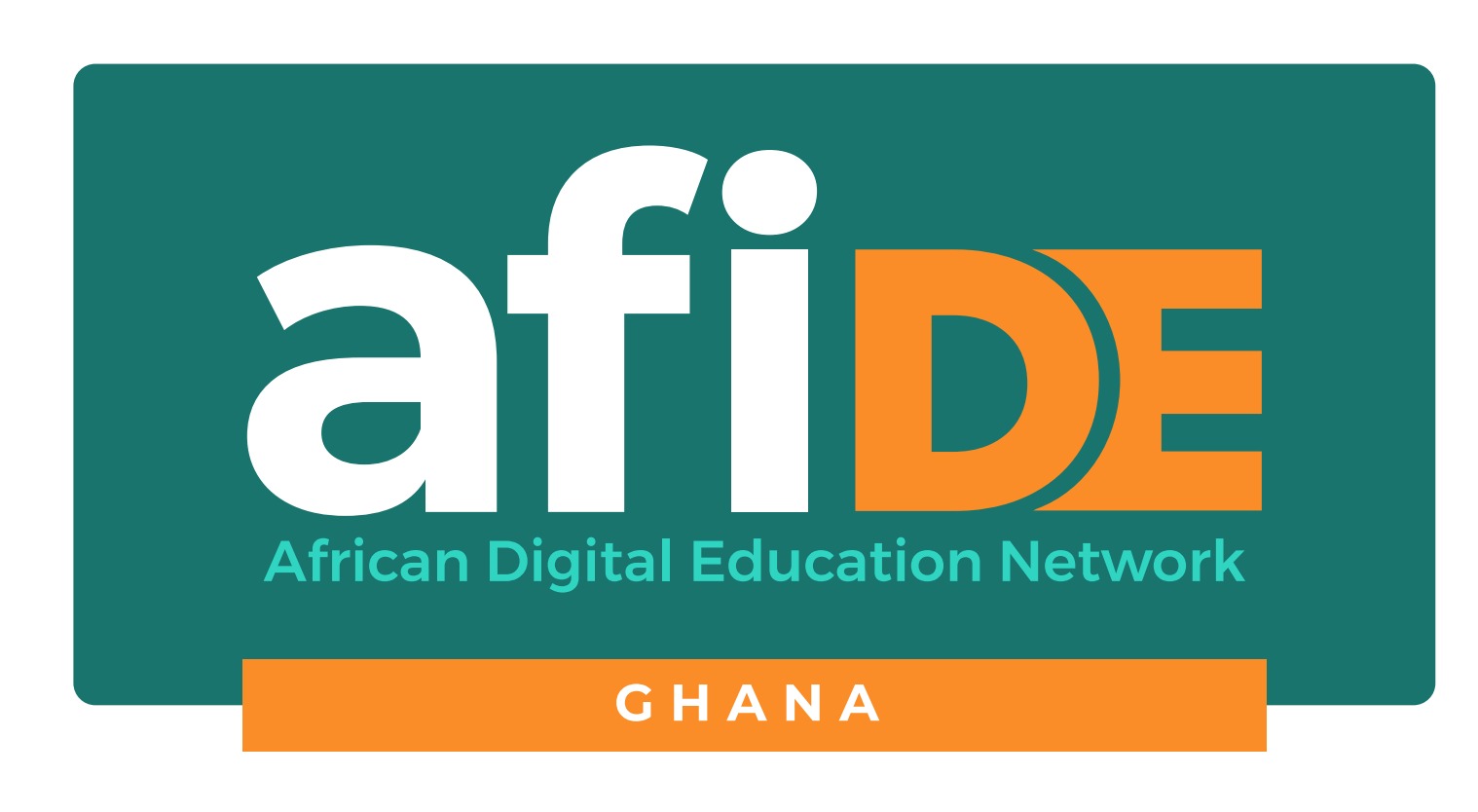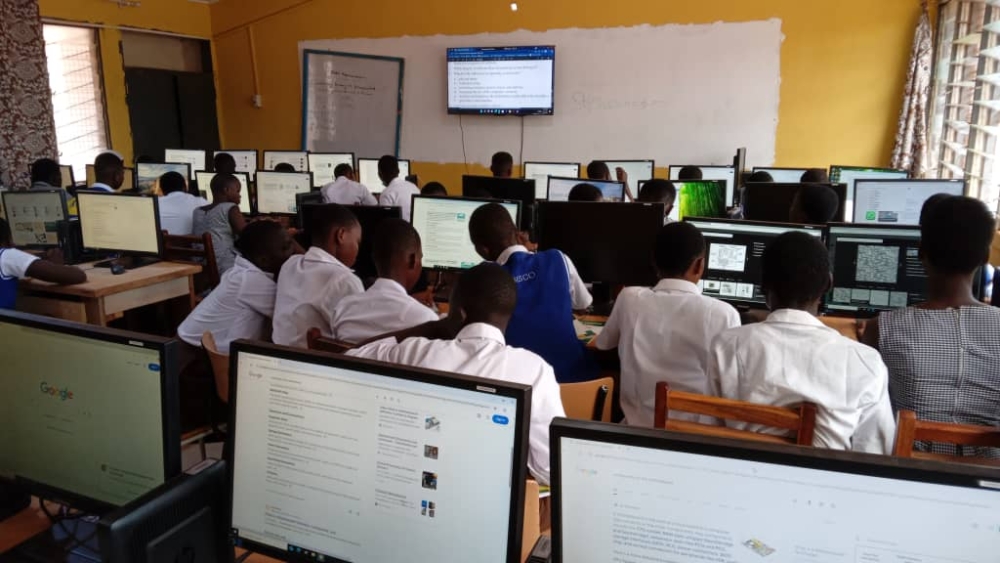Computerlabs Ghana Partners with PAMEPI to provide sustainable digital education for selected schools in the Northern Region
Computerlabs Ghana (CLG) has partnered with the Paabinaa Meriga Peace Initiative (PAMEPI) to deliver sustainable digital education to selected schools in the Northern Region of Ghana. This groundbreaking initiative aims to empower schools, teachers, and students—particularly in underserved communities that lack functioning and sustainable ICT infrastructure—to access the tools and skills they need for the digital age.
Through the partnership, CLG and PAMEPI will work together to install over 21,000 computers, impact more than 31,000 students, renovate ICT rooms in partner schools, and provide comprehensive digital education training for teachers.
To launch the program, CLG has completed a pilot installation of 63 computers at Business Senior High School in Tamale. This pilot will help the organization better understand the digital learning needs and behaviors of both teachers and students, enabling them to refine their digital education-as-a-service model for long-term sustainability in the region.
The computers come equipped with 4G MTN routers, a monthly internet bundle, and GES-approved educational software. CLG will also provide regular maintenance, repairs, replacements, and technical support to ensure uninterrupted learning.
On May 5, 2025, CLG and PAMEPI officially launched the new computer lab at Business Senior High School. Speaking at the event, Pim de Bokx, General Manager of Computerlabs Ghana, emphasized that the lack of sustainable digital education is a national challenge, largely due to the absence of ongoing technical support after computers are purchased or donated. He described the partnership with PAMEPI as a crucial turning point for schools in the Northern Region, one that will prepare students for the future and contribute to Ghana’s development.
The Chief Executive Director of PAMEPI highlighted the urgent need for such an initiative, recalling how in the past, computing facilitators had to use stones to explain what a computer mouse looked like. “It is time we put an end to such outdated teaching methods,” she said. “This initiative is a bridge to dignity and dreams for the future leaders of this country in a digitally driven world.” She also shared her vision of a future where more women in the Northern Region become digital innovators, people with disabilities have equal access to ICT, and no learner is left behind.
A representative of the Regional Director of Education commended the project as one that aligns with Ghana Education Service (GES) policy and urged CLG to expand its reach to other regions so more schools can benefit from sustainable digital education.
Computerlabs Ghana remains committed to providing sustainable ICT solutions, technical support, and digital empowerment for schools and communities in underserved areas.
CLG is calling on the Government, NGOs, private institutions, schools, parents, and individuals to support this mission, ensuring both current and future generations are prepared for a technology-driven world.
Your school can also benefit from sustainable digital education—partner with Computerlabs Ghana today.


Add a Comment